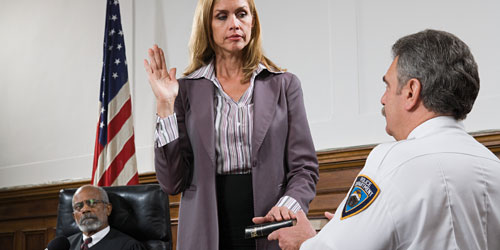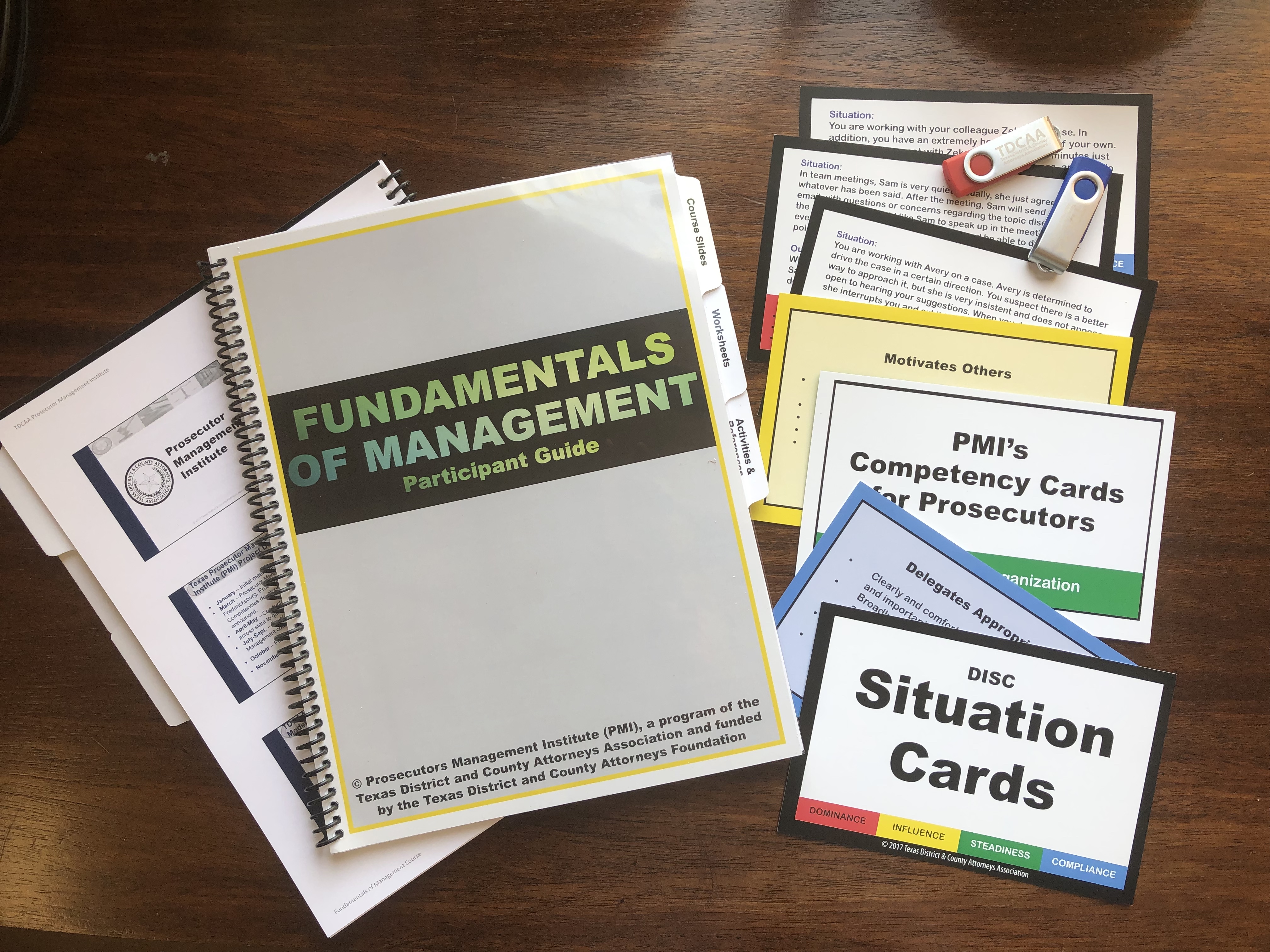Supreme Court of the United States
No. 17-2 4/17/18
Issue:
Must a U.S. provider of email services comply with a search warrant to disclose electronic communications within its control even if the communications are stored abroad?
Holding:
Yes. This case was dismissed due to recent passage of the Clarifying Lawful Overseas Use of Data Act (Cloud Act), which amended the Stored Communications Act, 18 U.S.C. §2701 et seq., by adding that a service provider must comply with its obligations to preserve, back up, or disclose electronic communications within its control regardless of where the information is stored. Read opinion.
Commentary:
This is a per curiam opinion that contains no analysis. It merely holds that, with the new amendment, the previous controversy—whether the government could compel Microsoft to turn over records stored in Ireland—is moot. The Court does not acknowledge that Microsoft has any further argument to make, and it appears that Microsoft will now be required to comply with the warrant.
Texas Court of Criminal Appeals
No. PD-0343-17 4/18/18
Issue:
Can a video recording of another video recording be properly authenticated without the testimony of a person who witnessed the events in the video or is familiar with the original recording device?
Holding:
Yes. Video recordings without audio are treated as photographs and are properly authenticated by showing that the images accurately represent the scene in question and are relevant to a disputed issue. Although video is most commonly authenticated through testimony of a witness with personal knowledge of the scene, it can also be authenticated by “the appearance, contents, substance, internal patterns, or other distinctive characteristics of the , taken together with all the circumstances.” Here, the officer testified that he requested the manager of the store pull up the surveillance video that corresponded with the time and date on a receipt found at the scene. The officer’s recording of the surveillance footage showed a time and date stamp that matched the receipt, and the footage showed the defendant purchasing the items listed on the receipt. This testimony was sufficient to authenticate the video without additional testimony from the store manager or other employees responsible for maintaining the video surveillance equipment. Read opinion.
Commentary:
This is yet another in a long line of decisions that make it clear that authentication can be done in a number of different ways. Prosecutors who have not been able to authenticate a piece of evidence—especially a videotape—in the normal way should look to this decision and show it to the judge.
Texas Supreme Court
No. 16-0498 4/13/18
Issue:
Are deputy constables “police officers” who are entitled to enter into collective bargaining agreements with their public employers under Local Gov’t Code Ch. 174 (Collective Bargaining Act)?
Holding:
Yes. The Collective Bargaining Act defines “police officer” as “a paid employee who is sworn, certified, and full-time, and who regularly serves in a professional law enforcement capacity in the police department of a political subdivision.” The term “police department” is not statutorily defined, but the ordinary meaning is “a governmental department concerned with the administration of the police force.” The ordinary meaning of “police force” is “a professional body of trained officers … entrusted by a government with maintenance of public peace and order, enforcement of laws, and prevention and detection of crime.” Various Texas statutes give deputy constables the authority to provide law-enforcement functions encompassed by the ordinary definition of “police department.” Deputy constables therefore are “police officers” under the Collective Bargaining Act. Read opinion.
Dissent (Boyd, J.):
“Deputy constables may ‘regularly serve in a professional law enforcement capacity,’ but they provide that service as employees of the constable’s office, not as employees of ‘the police department of a political subdivision.’ Nothing in the Collective Bargaining Act even suggests that it defines or uses the terms ‘police officer’ and ‘police department’ differently than the other Texas statutes that consistently use those terms. Because the Collective Bargaining Act applies only to fire fighters and police officers, it does not apply to deputy constables.” Read opinion.
Commentary:
This decision is intended to deal with deputy constables, not necessarily other “peace officers,” as they are identified in Article 2.12 of the Code of Criminal Procedure. The majority makes it clear that not all “peace officers” would be covered by the Collective Bargaining Act. In response to this decision, there might be some attempt in the Legislature to narrow the application of the Act to law-enforcement-related duties.
Texas Courts of Appeals
No. 12-17-00346-CR 4/18/18
Issue:
Is the “revenge pornography” statute, Penal Code §21.16(b), facially unconstitutional for violation of the First Amendment?
Holding:
Yes. Penal Code §21.16(b) prohibits the disclosure of certain types of visual material, including film, photographs, or videotape. The Texas Court of Criminal Appeals has held that photographs and visual recordings are inherently expressive, and distribution of expressive media is entitled to the same First Amendment protection as the material itself. The statute is subject to strict scrutiny because it is a content-based restriction on free speech. The privacy interest protected by the statute is not sufficient to overcome the presumptively invalid content-based restriction because it does not use the least restrictive means possible to protect the compelling government interest. The statute is also constitutionally overbroad because it criminalizes the actions of any person who shares the protected visual materials, regardless of his or her knowledge of the circumstances surrounding the materials’ creation. Read opinion.
Commentary:
The statute prevents the disclosure of visual material if “the visual material was obtained by the person or created under circumstances in which the depicted person had a reasonable expectation that the visual material would remain private. …” The court of appeals has construed the statute to read that “the visual material (a) was obtained by the person or (b) created under circumstances in which the depicted person had a reasonable expectation that the visual material would remain private . . .” The Legislature almost certainly intended the statute to be construed as follows: “The visual material (a) was (i) obtained by the person or (ii) created (b) under circumstances in which the depicted person had a reasonable expectation that the visual material would remain private. …” The court of appeals suggests that the statute might be rendered constitutional if it required “that the disclosing person have knowledge of the circumstances giving rise to the depicted person’s privacy expectation.” Expect the Court of Criminal Appeals to review this decision. In the meantime, prosecutors should be aware of this decision if they intend to prosecute a defendant under this statute.
No. 08-16-00343-CR 4/11/18
Issue:
Does an arrest or charge for the lesser-included offense of DWI begin the speedy trial clock for the greater charged offense of intoxication assault?
Holding:
No. A defendant’s right to a speedy trial does not attach until a formal accusation is made. The State publicly accuses a defendant through a charging instrument. An investigating officer’s knowledge of facts that would support a charge for the greater offense is not equal to a criminal charge. This is fundamentally different from a double jeopardy analysis because speedy trial rights insure only that charges pending against a defendant are promptly adjudicated. “Justice is usually best served by discouraging hasty prosecutorial judgments with respect to aggravated charges. … We are disinclined to promote a rule that rushes a prosecutor to make such an important decision out of fear that the speedy trial clock was running.” Read opinion.
Commentary:
This is a faithful and exhaustive application of previous speedy-trial decisions, some rendered under the old Speedy Trial Act. It is clear from this decision that the State was acting entirely in good faith and took its time in examining the evidence and expert opinions before filing the intoxication manslaughter charge. But do not get carried away. A defendant can still make a claim for pre-indictment delay if the State delayed for tactical advantage. That claim is governed by a different set of caselaw from Barker v. Wingo and other speedy-trial decisions.
No. 01-15-00979-CR 4/18/18
Issue:
Is the trial court required to submit a voluntariness instruction to the jury when the evidence of involuntariness is ambiguous or contradicted by other evidence?
Holding:
Yes. Following a hearing on the voluntariness of a statement in which the trial court decides the statement was voluntary, the trial court must give the jury a voluntariness instruction if evidence pertaining to the voluntariness of the statement is presented during trial. Here, the defendant testified at the suppression hearing and at trial that an officer called him a derogatory name, lunged at him, and slapped him. Both officers present at the time denied this happened. During a later interview, another officer told the defendant he was going to report that the defendant was not cooperating and stated, “You already know what they’re going to do with you.” The trial court did not err in denying the motion to suppress because the officers were found to be more credible than the defendant. However, once the evidence was presented at trial, the conflicting statements concerning voluntariness become a fact issue for the jury to resolve and a jury instruction on voluntariness is required, even if the defendant fails to request one. Read opinion.
Commentary:
If a defendant claims that an officer made threats against him prior to the time that the defendant confessed, read this decision to determine if the defendant might be entitled to a jury charge on the voluntariness of the confession. Note that the defendant does not necessarily have to testify to raise the issue of voluntariness. It can be raised within the body of the confession itself. This is a case in which the State ultimately won the appeal because the error was harmless, largely because the defendant did not request a voluntariness instruction at trial. If such a request had been made at trial, the result very well could have been different.
Announcements
The Animal Law Section of the State Bar of Texas is holding its annual Animal Law Institute conference on Friday, April 27 in Austin. The conference is on animal cruelty and topics include the link between domestic violence and animal abuse, Texas animal cruelty laws 101, preparing and prosecuting animal cruelty cases, animal hoarding, dog fighting, ag gag laws, passing animal cruelty laws in Texas, and ethics. More information available here.



